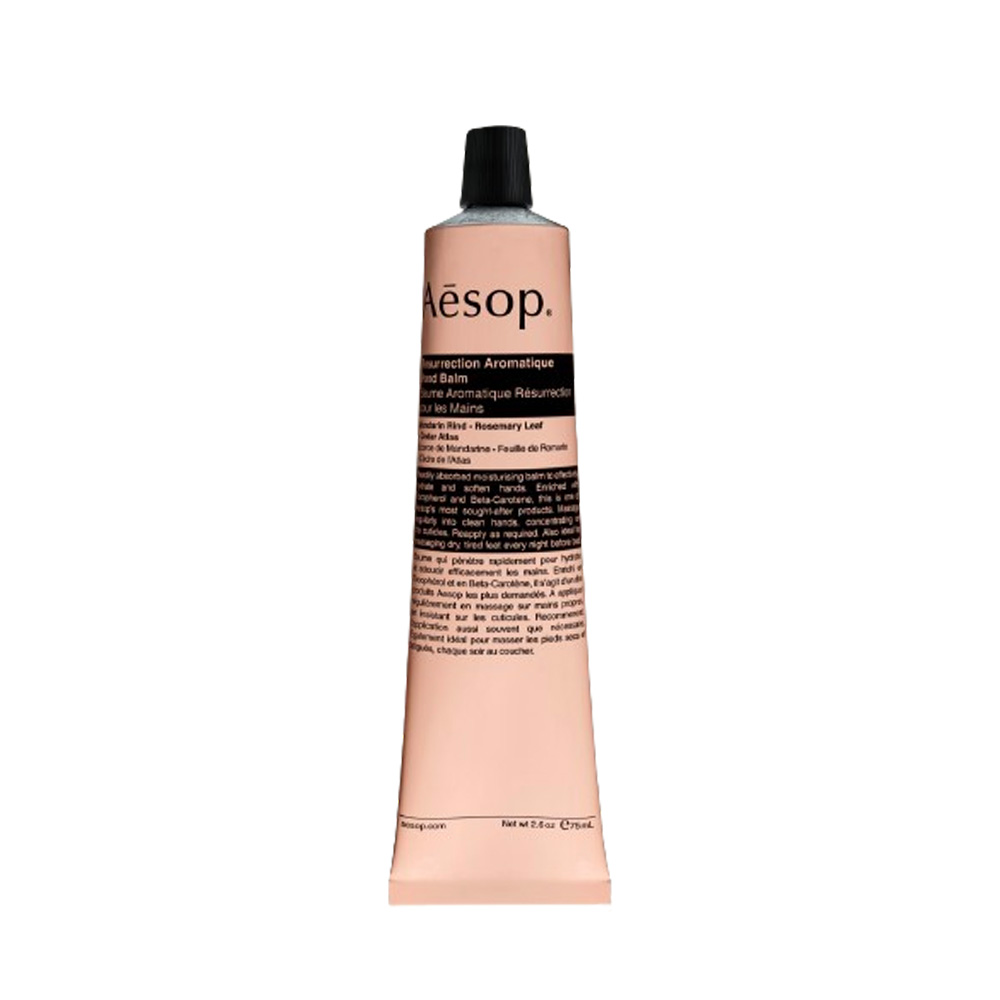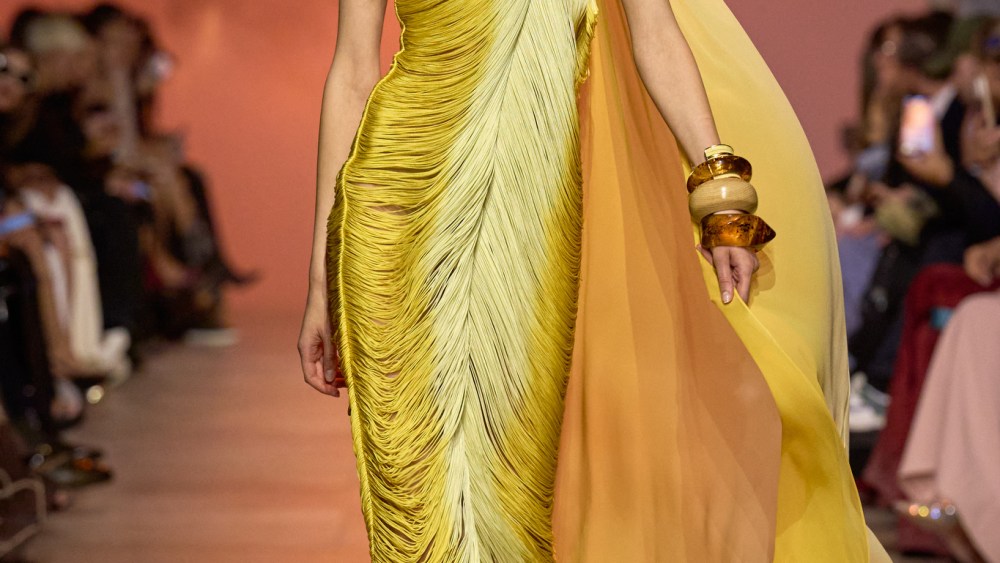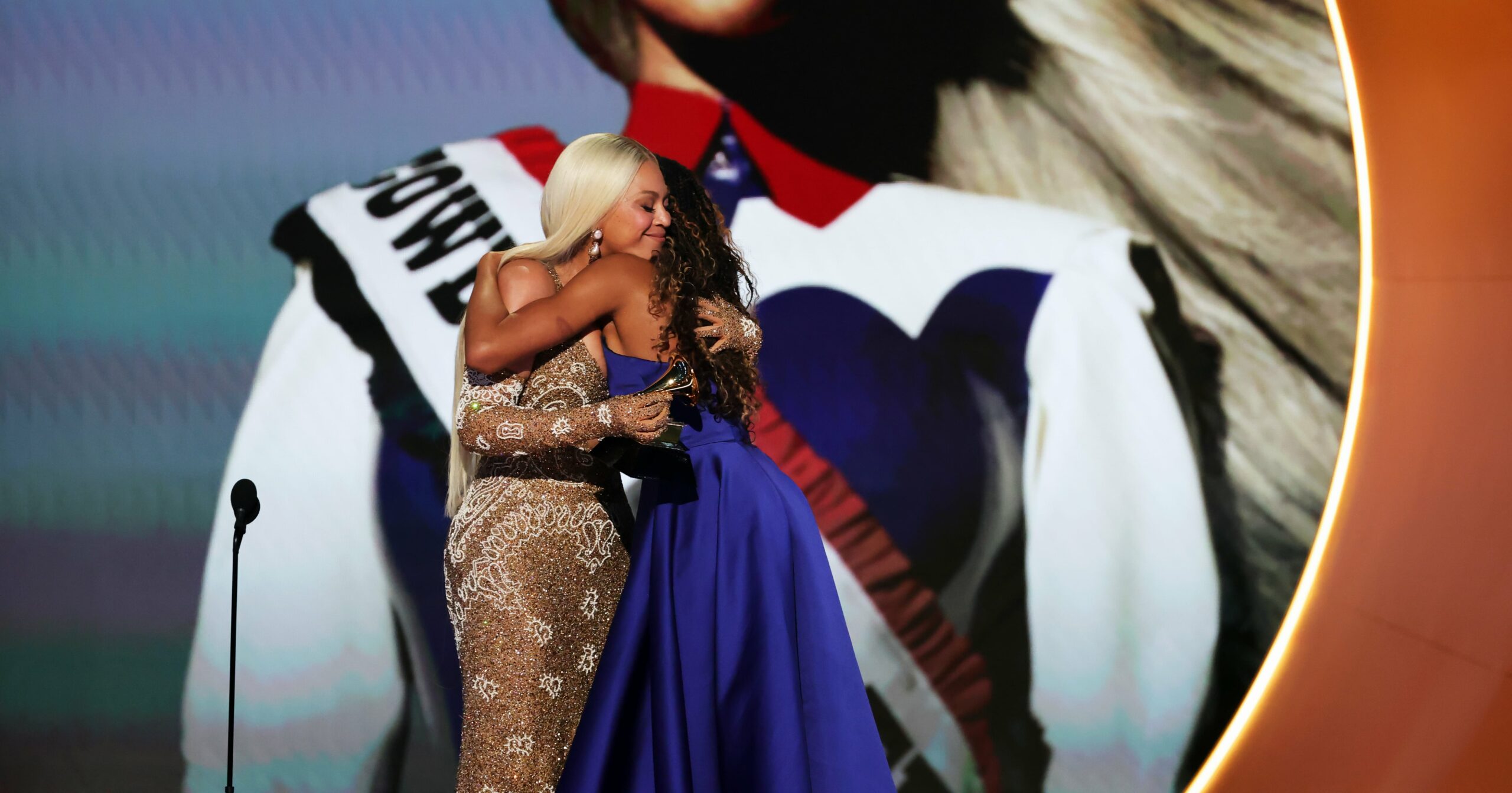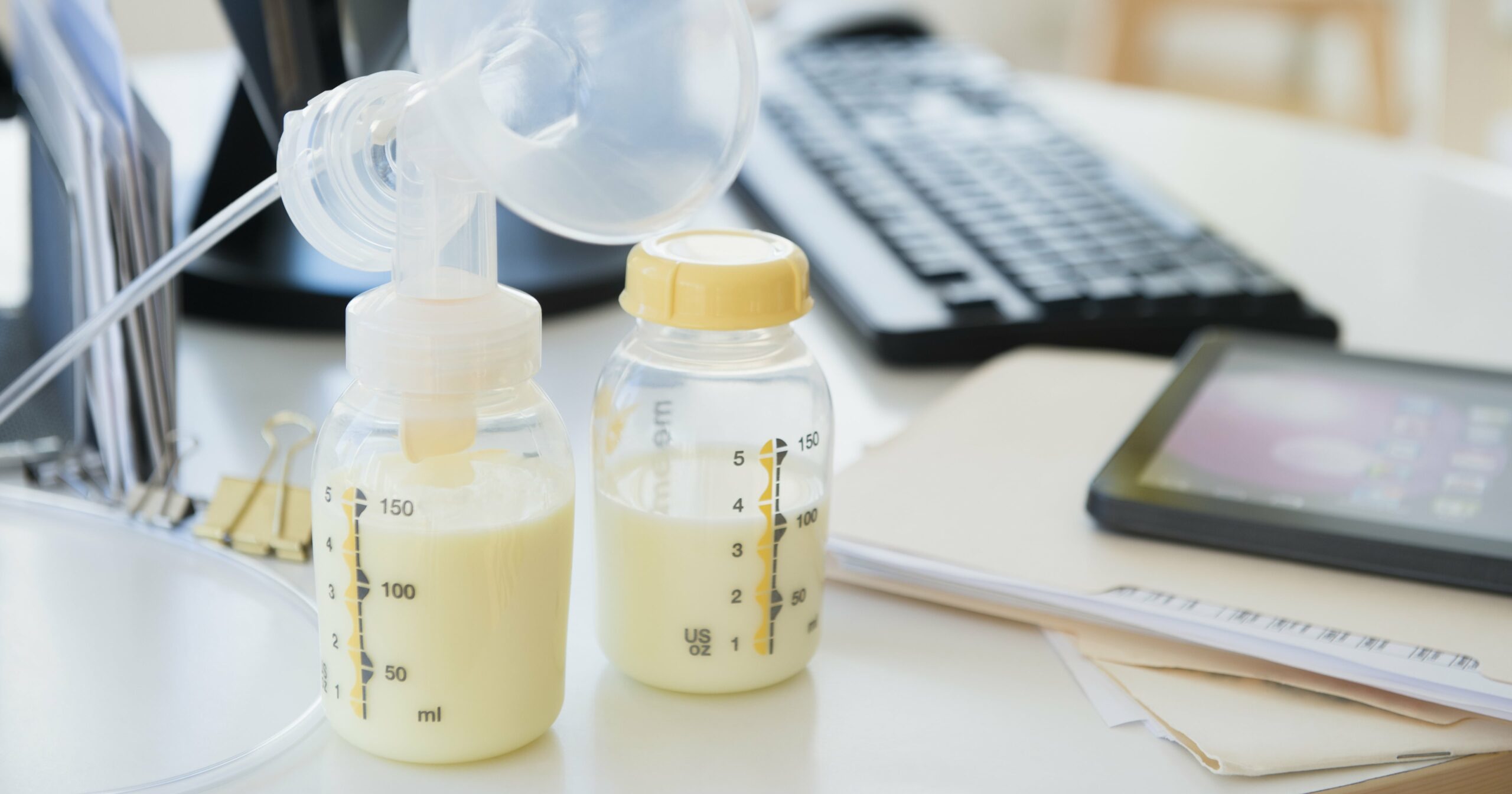Times have been tough for the Brazilian beauty heavyweight, once seen as an industry darling for its innovative business model focused on sustainability long before that was mainstream. Natura’s change in scope over the past decade had hit it hard, and it was a year of massive change as it sought to pay down debt, shedding operations — both profitable and loss-making — to turn its business around.
Australian natural brand Aēsop, which was considered the jewel in Natura’s crown, was sold to L’Oréal in a deal completed in August for $2.53 billion. The sale was intended to free up resources for Natura’s other operations, including The Body Shop, a move questioned by market observers given Aēsop’s higher growth rates than the rest of the portfolio. Since Natura bought the brand in 2012, its gross sales increased from $28 million to $537 million.
Related Articles
The Body Shop, which Natura had struggled to turn around since acquiring it from L’Oréal in 2017 in a deal valued at €1 billion, was ultimately sold off to German investment firm Aurelius Group in a deal that closed in early January. L’Oréal had bought the brand from founder Anita Roddick and her husband for £652 million in 2006. It was sold to Aurelius for just £207 million. In early 2024, Aurelius said it was selling off its business in most of mainland Europe and parts of Asia to an unidentified international family office, and called in administrators for the U.K. activity in February, with swathes of store closures on the cards. In March, it filed for bankruptcy in the U.S. and shuttered all of its North American doors.
Since shedding those two activities, Natura&Co. has said it is considering separating Natura&Co Latam and Avon into two independent publicly traded companies, giving increased autonomy to each.
Kristof Neirynck was named CEO of Avon in January. Formerly Avon’s global chief marketing officer and managing director for Western Europe, he replaces Angela Cretu in the role. Alessandro Carlucci, who was CEO of Natura from 2005 to 2014, rejoined the company as advisor to Avon.
The company was reportedly hard hit by the war in Ukraine — Russia had been a key market for Avon — as well as by inflation and by currency effects, given the weak Brazilian real and hyperinflation in Argentina.
Removing both Aēsop and The Body Shop from its scope, Natura’s net sales fell 8.5% in reported terms, to R$26.74 billion, but grew 3.5% in constant-currency terms. Natura&Co Latam sales declined 7.2%, but gained 6.4% in constant currency terms, to reach R$20.44 billion. Avon International sales were down 12.6%, or 4.4% at constant currency, to R$6.29 billion. The Body Shop’s revenues fell 14.5%, to R$3.78 billion.
Natura ramped up productivity gains and implemented cross-selling through its portfolio with positive initial results, it said. Moves include rationalizing Avon’s product portfolio to center more on beauty. For the Natura brand, the company continued to expand its retail footprint, with 105 owned stores and 715 franchised outlets in Brazil at the end of the third quarter.



